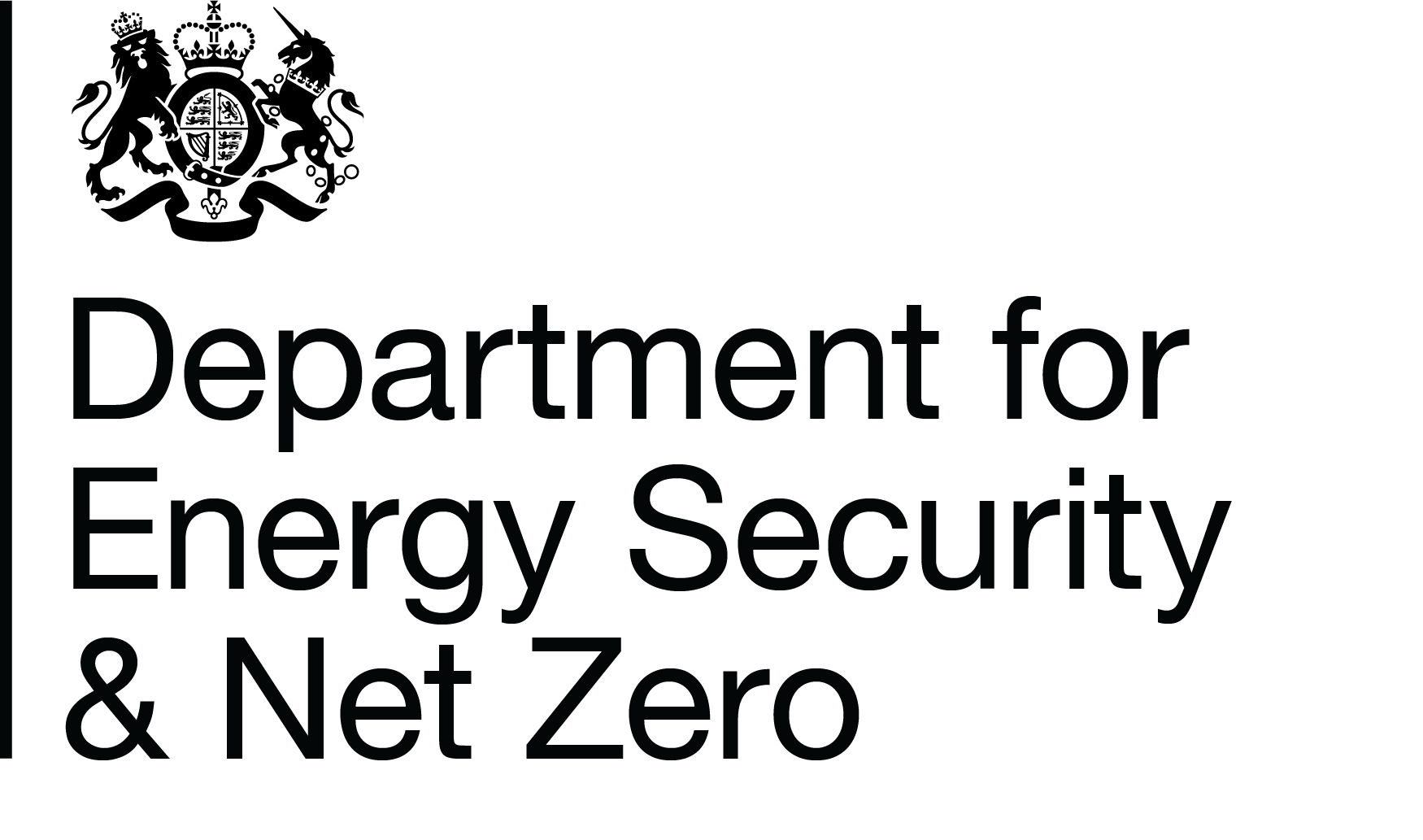Client

Expertise
Venture acceleration
Impact
Improving access to innovative energy efficiency technology.

CHALLENGE
How can energy and resource efficiency innovations scale from prototype to the factory floor?
Industry remains one of the largest emitters globally. In the UK alone, it accounts for 15% (78 megatonnes of CO2e) of the nation’s annual emissions. To minimise this footprint, it is key to reduce the energy and resource intensity of industrial processes and although many proven technologies exist in their early stages, they struggle to scale up. Investors and businesses are often risk-averse to technologies that have yet to be demonstrated within a fully operational production environment.
The Department for Energy Security & Net Zero sought to tackle this issue head-on to prevent a ‘Death Valley of Innovation’ – where innovations fail before they can be commercialised. Through an accelerator programme, it hoped to demonstrate and prove the commercial viability of select technologies and put these in the hands of industry for testing.
SOLUTION
Bringing innovators and industry together through the Industrial Energy Efficiency Accelerator
In 2017, the Carbon Trust helped to set up the Industrial Energy Efficiency Accelerator (IEEA), then funded through the £505 million Energy Innovation Programme. The £10 million IEEA programme was designed to support partnerships between developers of efficient technologies and industrial companies willing to demonstrate innovations on-site. The programme funded, on average, 40-60% of the costs to install the technology for testing and had two interlocking objectives:
- Provide support for innovative energy efficiency concepts.
- Cultivate scalable solutions capable of driving the decarbonisation of the industrial sector.
Before launching the programme, we developed the IEEA strategy, its processes and programme structure. Since then, on behalf of the Department for Energy Security & Net Zero, we managed this programme with Jacobs’ and Innovate UK KTN’s support. Responsible for all aspects of project delivery, we:
IMPACT
Building confidence in energy efficiency innovations
The IEEA helps to de-risk innovations. The programme allows developers to prove the viability of their technologies to the market. In doing so, industrial companies get access to innovative technologies to understand how to integrate them and drive carbon reduction efforts in their operations.
The technology developers from the first rounds of the IEEA programme have already shown tremendous potential for a wide range of technologies and sectors, including novel dewatering processes for wastewater treatment and low carbon multi-component cement. More examples of demonstrated technologies can be found here.
Following the programme’s success, the IEEA was expanded in 2022 to support more companies through the £1 billion Net Zero Innovation Portfolio (NZIP). The IEEA is currently in its third and fourth rounds, working with 15 new technology developers. As the latest rounds of industrial demonstration continue until at least 2025 – supported through an additional £10 million in funding – the influence and impact of the IEEA will spread.
This will steer more industrial companies towards innovations that will help them minimise energy use while achieving carbon savings. The current rounds of the IEEA also focus on minimising resource intensity, scaling innovations that will allow industry to cut waste and reduce the use of raw materials.
The Industrial Energy Efficiency Accelerator programme is now funded through the Net Zero Innovation Portfolio (NZIP), a £1 billion fund announced in the UK’s ten-point plan for a green industrial revolution. The plan aims to accelerate the commercialisation of low carbon technologies, systems and business models in industry, power, and the built environment.




